"Always ask the important questions"
- D-CHAB
- IPW
- Highlights
His father taught him the way of entrepreneurialism, two Nobel Prize winners taught him the knowledge: Dario Neri learned from the best. For the last 24 years, he has been a professor at ETH Zurich, has promoted exchange with industry, and has built his own successful company, for which he is going to leave ETH. In a personal review, Neri tells about life-saving antibodies, almost perfect systems, and the necessity to ask important questions.
Some people feel intimidated while sitting in front of a microphone but Professor Dario Neri does not at all – even before the light is on, he begins to talk straight away. He knows exactly what he wants to say, just as he always knew exactly, what he wanted to do: "Developing drugs", Neri says with a smile, the enthusiasm still in his eyes after all these successful years as professor, researcher and entrepreneur.
His passion for therapeutics is deep-rooted. Dario Neri was born in 1963 in Rome but grew up in the Italian city of Siena, a small university town with a great biotech tradition. His great-grandfather (Achille Sclavo) was the first to treat patients with an antibody serum against anthrax in 1899, and in 1902 he founded a company, in which Neri's father later became head of research. "My family has raised the passion for the pharmaceutical industry in me", Neri says, "sometimes I did not follow their advice; however, I listened to them." Nevertheless, in his professional life, he learned a lot from his mentors as well.
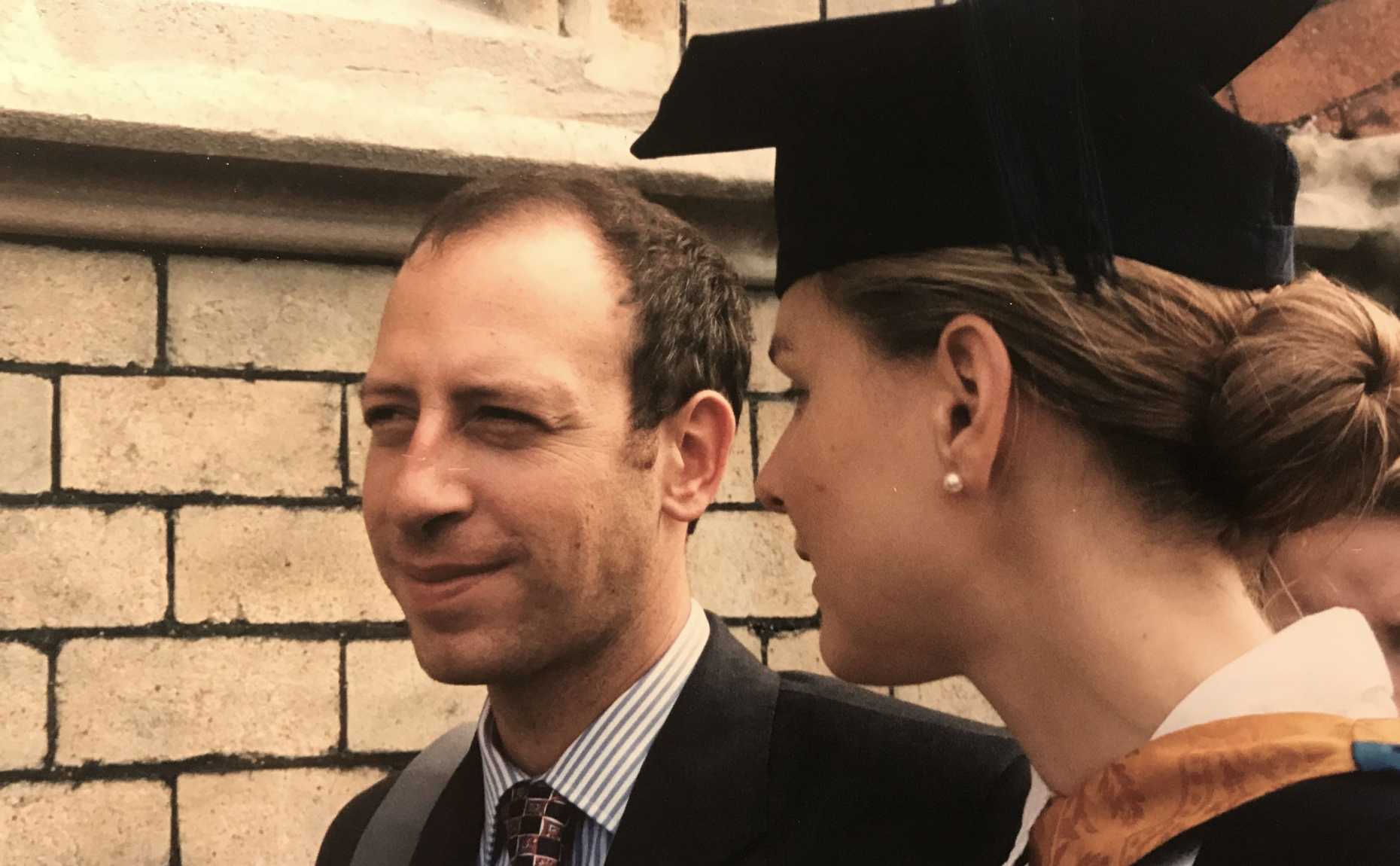
Learning from the best
After his master's degree in chemistry from the Scuola Normale Superiore in Pisa (Italy), Neri realized that he had to learn more about the binding partners of therapeutic agents – proteins. When Kurt Wüthrich solved for the first time the structure of proteins in solutions at ETH Zurich, Neri became his doctoral student, and found a great mentor in him. Kurt Wüthrich, who later won the Nobel Prize for Chemistry in 2002, always was and remains a role model for Neri, not only for the successful management of a large research group, but also for the never-compromising quest for scientific accuracy and attention to details in important research questions.
Charles Weissman, "a genius in medicine, biology and chemistry at the University of Zürich”, also inspired Neri to learn more about biology after his doctorate. Weissman had made ground-breaking contributions to modern molecular biology and to the field of therapeutic proteins. However, it was Sir Gregory Winter who showed Neri during a 4-year post-doctoral research stay in Cambridge how to produce human antibodies, and tailor them to specific applications. Winter also taught him how to produce phage libraries, a collection of antibodies presented on the surface of bacteriophages to find ligands which could be used for pharmaceutical applications. Winter received the Nobel Prize in Chemistry in 2018 for his contributions to the field of protein engineering. “Sir Gregory is not only a great scientist and a wonderful human being, but also a successful entrepreneur, who has brought important antibody drugs to the market, which are used to treat millions of patients”.
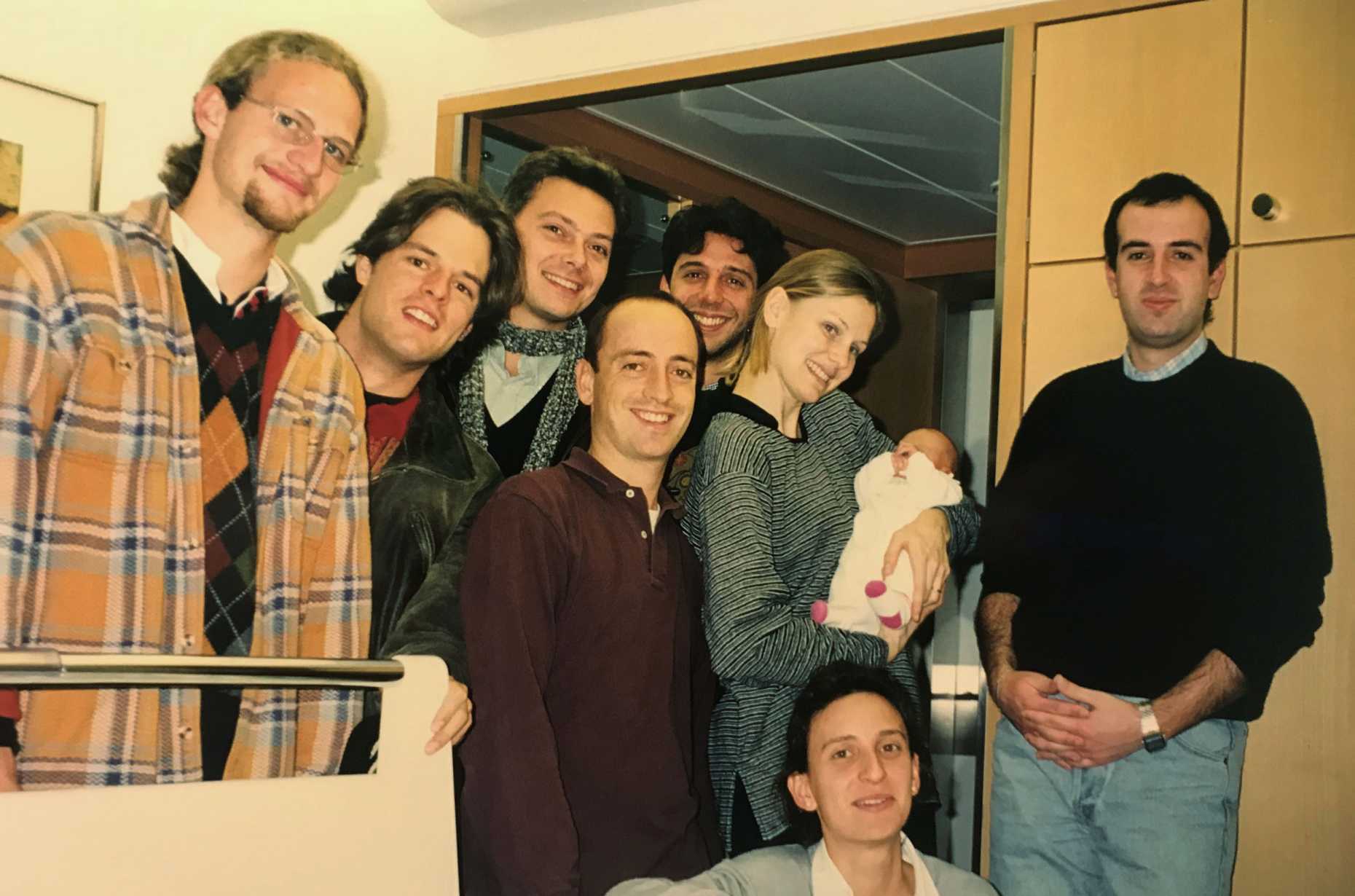
Hard start – libraries & targeting
According to Neri, it was ironic that his first research proposal at ETH, submitted after Neri’s return in the 1990s, dealt with Winter's topic, but was initially rejected. Neri wanted to establish a phage library containing billions of antibodies to identify molecules for targeting tumors in vivo, his area of expertise. He knew that this would facilitate the search for therapeutics. "But when I started here, I had a small budget and a small group," Neri explains. Thus, the rejection was disappointing.
"Such libraries would soon be commercially available anyway – that was the explanation. I was furious and drafted a letter to the commission. Thanks to Kurt Wüthrich’s advice I softened the tone, and the application was granted at the second attempt," Neri says, "that was the basis for everything I’ve done later. Nevertheless, I was right to be upset: these libraries did not become commercially available for more than 20 years and they continue to be valuable discovery tools today.” This story should illustrate that not everything goes smoothly in a research career, "but if you have an almost perfect system, like at ETH, and a little patience, you'll find a way."
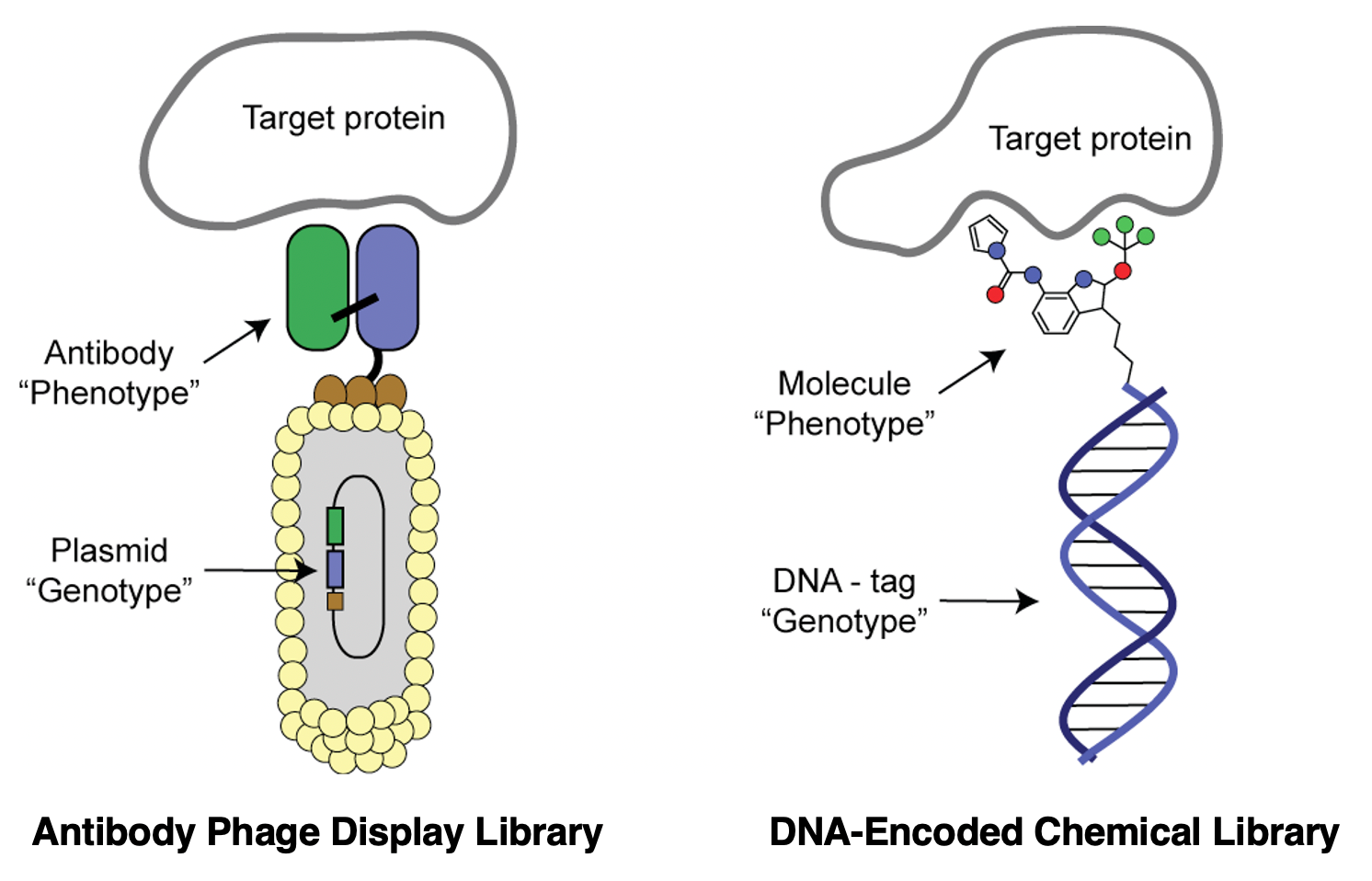
A quarter of a century at ETH Zurich
Today, Neri looks back on 28 exciting years at ETH Zurich (4 years as a PhD student and 24 years as a professor). There have been many changes. “Today, research resources are better distributed (e.g., with shared equipment), and the industrial translation of innovation is more promoted, which is great," he says, "but at the same time bureaucracy and compliance procedures have increased a lot, which may have a bad effect on research. Nevertheless, we had very productive years," Neri says satisfied. Under his leadership, more than 400 publications were published. Moreover, the group made important contributions to the field of encoded combinatorial libraries and their applications in medicine. These techniques have allowed the synthesis of libraries containing billions of antibodies and of DNA-encoded molecules were produced. Now, they are also used for research on Covid-19. These collections of molecules can be used for the identification of binders against targets of pharmaceutical interest, which is the starting point for virtually any drug discovery project. Even though the group has mainly focused on tumor targeting, encoded libraries can also be used for other pharmaceutical applications, including research on Covid-19.
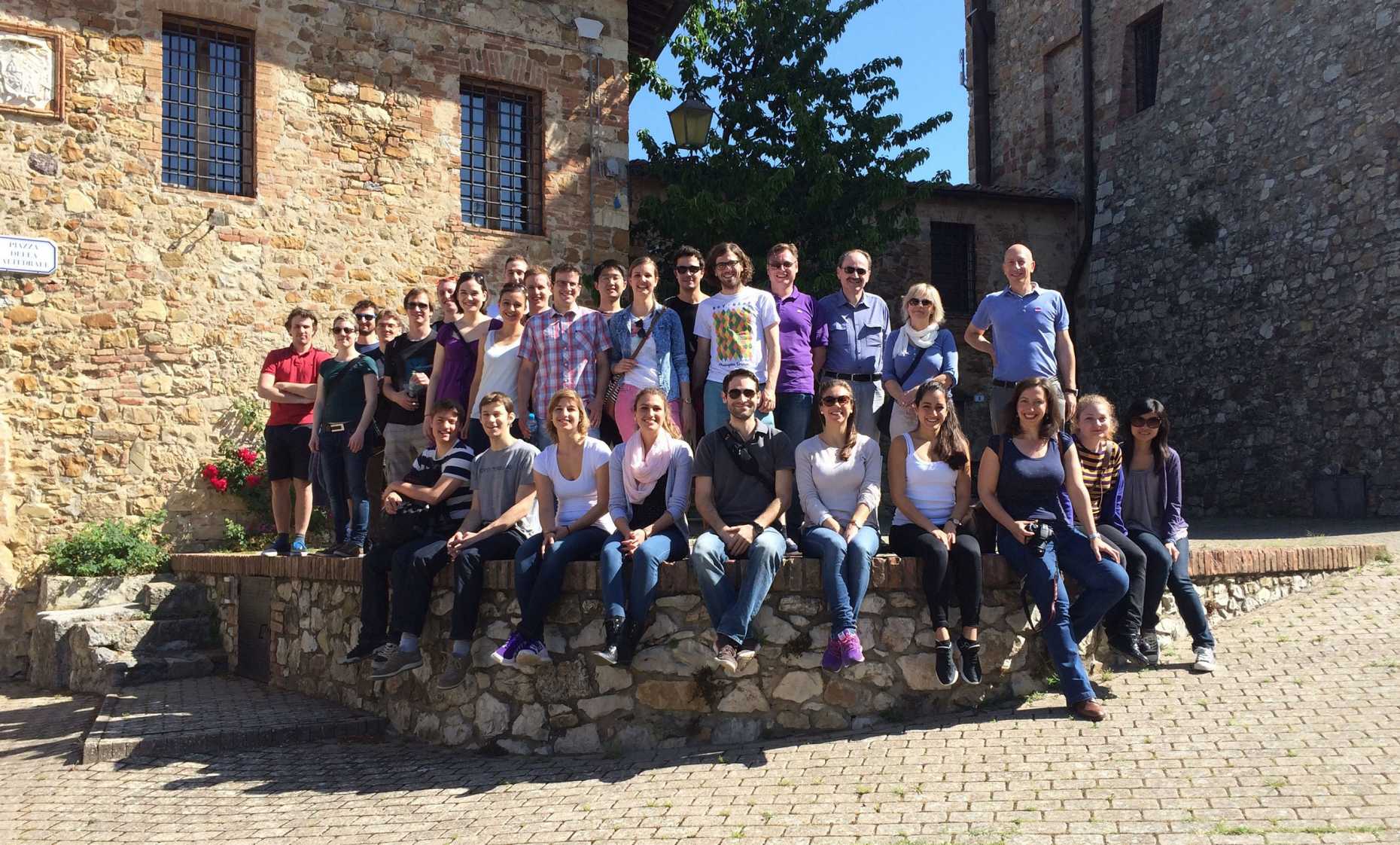
“The most important thing is to ask important questions!"Professor Dario Neri
Neri states. That is exactly what he has always been telling his students – especially his 85 doctoral students. He accompanied a number of them on their way into industry or to prestigious academic positions. Some of them are now successfully developing therapeutics themselves, which has always been Neri's hope. Since his time in Cambridge, Neri has also been working part-time as an entrepreneur in his company external page Philogen, together with his brothers Duccio and Giovanni Neri. It is a Swiss-Italian biotech company based in Otelfingen (ZH) and in Siena with more than 100 employees that develops therapeutic antibodies, mainly against tumors. Now, he wants to take the leap and devote himself entirely to industry: "I have enjoyed doing both: being a productive professor but also being an entrepreneur, but now the company is growing fast.” At a certain point, there was not enough time left for both tasks. In addition, Neri has a family with whom he likes to spend time as well.
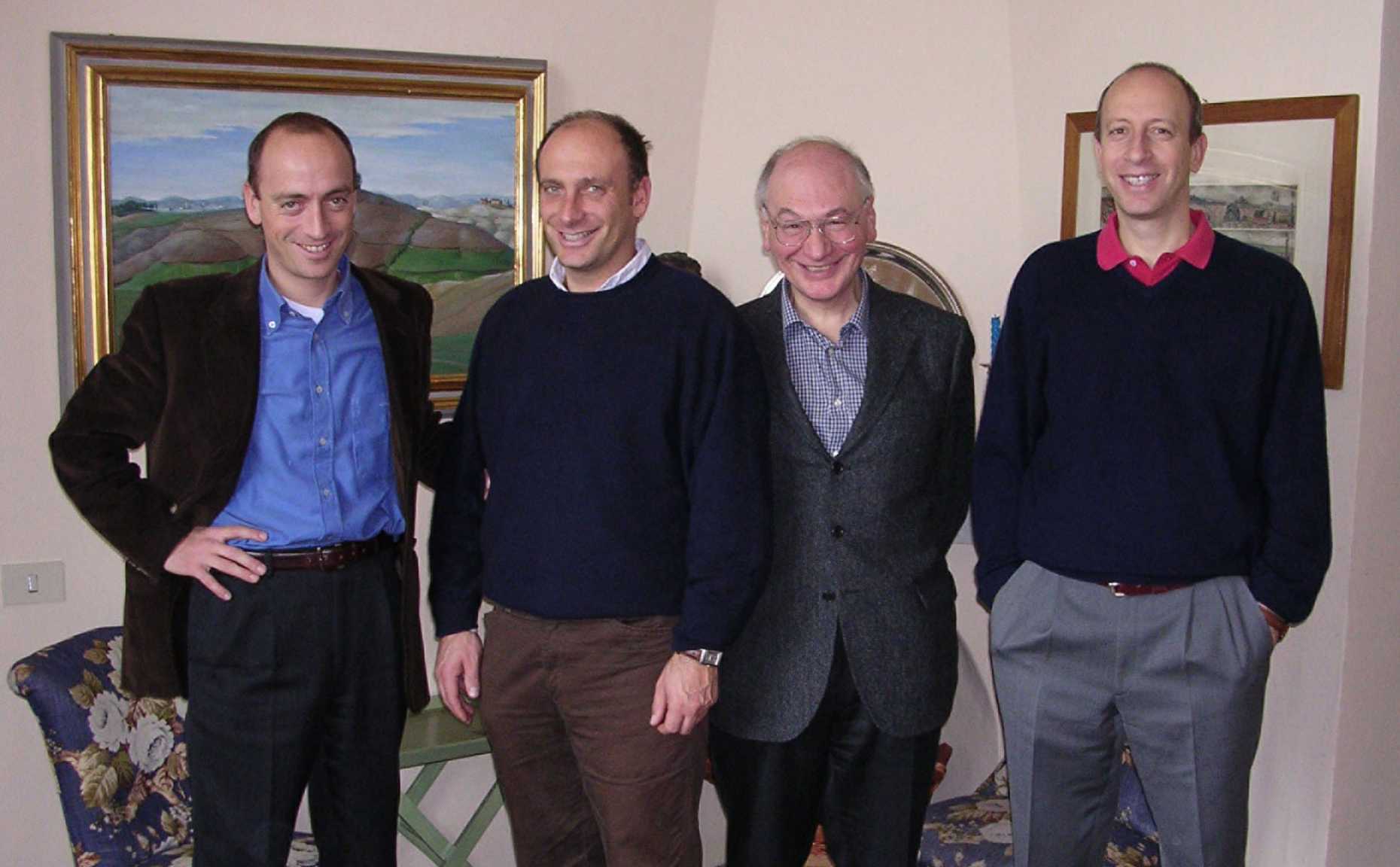
Dario Neri will continue to teach at ETH. Nevertheless, the departure from the institution as such hurts: "I am grateful that I had the privilege of working in such a great institution with wonderful partners and people, including my long-time senior assistant PD Dr. Jörg Scheuermann and my assistant Pia Steinbak-Leupi. I am indebted to many collaborators, including PD Dr. Giuliano Elia and Dr. Teresa Hemmerle, who have worked with me first at ETH and later at Philogen and who are managing two products which are currently being tested in international Phase III clinical trials. I have also enjoyed and continue to enjoy pleasant and fruitful collaborations with many colleagues in Switzerland and abroad. I would like to mention, in particular, those with the groups of Prof. Dr. Markus Manz and Prof. Dr. Michael Weller at the University Hospital in Zürich."
"In the end, research is always teamwork."Professor Dario Neri